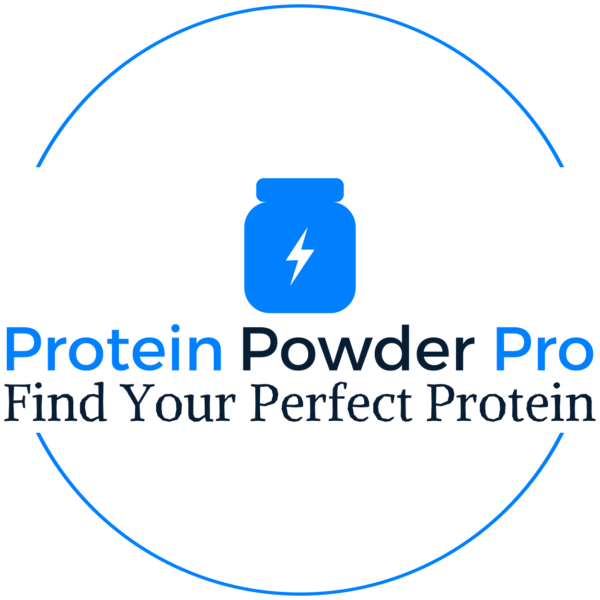Introduction
In the realm of fitness and health in 2025, protein powder has carved a niche for itself as a staple supplement. Its popularity is well-deserved, given its myriad benefits, particularly in muscle building and recovery. However, one often overlooked advantage of protein powder is its potential to enhance metabolism. This comprehensive guide will delve into the intricate ways protein powder can boost your metabolic rate, offering a scientific and practical understanding of this powerhouse supplement.
Understanding Metabolism
What is Metabolism?
Metabolism encompasses all the chemical reactions that occur within your body to maintain life. These processes can be broadly divided into two categories:
- Catabolism: The breakdown of molecules to obtain energy.
- Anabolism: The synthesis of all compounds needed by the cells.
The energy produced during catabolism is utilized for various bodily functions, including muscle contraction, digestion, and cellular repair. Your Basal Metabolic Rate (BMR) is the number of calories your body needs to perform these basic functions at rest.
Factors Influencing Metabolism
Several factors influence your metabolic rate, including age, sex, muscle mass, and physical activity. Among these, muscle mass is particularly significant, as muscle tissue burns more calories at rest compared to fat tissue. This is where protein powder comes into play, as it aids in muscle synthesis and maintenance, thereby potentially enhancing your metabolism.
The Role of Protein in Metabolism
Protein and Thermic Effect of Food (TEF)
The Thermic Effect of Food (TEF) refers to the increase in metabolic rate after ingestion of a meal. Protein has a significantly higher TEF compared to carbohydrates and fats. Approximately 20-30% of protein calories are burned during digestion and processing, compared to 5-10% for carbohydrates and 0-3% for fats. This higher TEF means that consuming protein-rich foods, including protein powder, can boost your metabolism.
Protein and Muscle Mass
Protein is the building block of muscles. Consuming adequate protein is crucial for muscle repair and growth, particularly after resistance training. An increase in muscle mass can lead to a higher resting metabolic rate (RMR), as muscles require more energy to maintain than fat tissue. Protein powder, being a concentrated source of high-quality protein, can be an effective tool in supporting muscle synthesis and maintenance, thereby enhancing your metabolic rate.
Protein and Satiety
Protein has a more significant impact on satiety compared to carbohydrates and fats. Consuming protein-rich meals can help you feel full for longer, reducing overall calorie intake and supporting weight management efforts. This indirect effect on calorie consumption can also contribute to an improved metabolic rate, as maintaining a healthy weight is associated with a more efficient metabolism.
Types of Protein Powders
Whey Protein
Whey protein is derived from milk and is a complete protein, meaning it contains all nine essential amino acids. It is quickly absorbed by the body, making it an ideal post-workout supplement. Whey protein is also rich in branched-chain amino acids (BCAAs), which are crucial for muscle protein synthesis.
Casein Protein
Casein, also derived from milk, is a slow-digesting protein. It provides a steady release of amino acids, making it suitable for consumption before long periods without food, such as before bedtime. This slow digestion rate can help maintain a positive protein balance overnight, supporting muscle recovery and growth.
Plant-Based Proteins
Plant-based protein powders, such as pea, hemp, and rice protein, are excellent alternatives for those with lactose intolerance or dietary preferences. While some plant proteins may lack one or more essential amino acids, blending different plant proteins can provide a complete amino acid profile. These proteins are generally slower to digest than whey but faster than casein.
Egg White Protein
Egg white protein is a high-quality protein that is absorbed at a moderate rate. It is an excellent option for those who cannot consume dairy or prefer a lactose-free option. It is also rich in essential amino acids and supports muscle synthesis effectively.
Mechanisms Through Which Protein Powder Improves Metabolism
Enhanced Muscle Protein Synthesis
One of the primary ways protein powder improves metabolism is by enhancing muscle protein synthesis. Consuming protein powder, especially post-workout, provides the body with the necessary amino acids to repair and build muscle tissue. This process is energy-intensive and can significantly boost your metabolic rate. Research has shown that protein supplementation can increase muscle mass and strength, particularly when combined with resistance training.
Prevention of Muscle Loss
During periods of calorie restriction or intense training, the body may break down muscle tissue for energy. Consuming adequate protein can help prevent this muscle loss, preserving your muscle mass and, consequently, your metabolic rate. Protein powder can be a convenient way to ensure you are meeting your protein needs, especially during weight loss phases.
Support for Thermogenesis
As mentioned earlier, protein has a higher thermic effect compared to carbohydrates and fats. Consuming protein powder can increase thermogenesis, the production of heat in the body, which in turn boosts calorie expenditure. This effect, although modest, contributes to an overall increase in metabolic rate.
Improved Insulin Sensitivity
Protein consumption, particularly from whey protein, has been shown to improve insulin sensitivity. Better insulin sensitivity means your body can effectively use glucose for energy, reducing the likelihood of fat storage. Improved insulin function also supports metabolic health and can contribute to a more efficient metabolism.
Practical Tips for Using Protein Powder to Boost Metabolism
Timing of Protein Intake
To maximize the metabolic benefits of protein powder, timing your intake strategically is essential. Here are some key times to consider:
- Post-Workout: Consuming protein powder after exercise provides your muscles with the necessary amino acids for repair and growth. Whey protein is particularly effective due to its rapid absorption.
- Before Bed: Casein protein or a blend of proteins can provide a slow release of amino acids overnight, supporting muscle maintenance and recovery.
- Between Meals: Using protein powder as a snack can help maintain satiety, reduce overall calorie intake, and support a steady metabolic rate throughout the day.
Combining Protein Powder with Resistance Training
Resistance training is a powerful way to increase muscle mass and boost metabolism. Combining protein powder with a regular resistance training regimen can enhance muscle protein synthesis and lead to greater gains in muscle mass and strength. Aim for a balanced program that targets all major muscle groups and includes a mix of compound and isolation exercises.
Choosing the Right Protein Powder
Selecting the right protein powder for your needs is crucial for maximizing its metabolic benefits. Consider factors such as:
- Protein Content: Look for protein powders with a high protein content per serving.
- Amino Acid Profile: Ensure the protein powder contains all essential amino acids.
- Digestibility: Choose a protein powder that suits your digestive system. Whey protein isolate, for instance, is low in lactose and may be easier to digest for some individuals.
- Additives: Opt for protein powders with minimal additives, artificial sweeteners, and fillers.
Potential Concerns and Considerations
Overconsumption of Protein
While protein is essential for health and metabolism, consuming excessive amounts can lead to potential health issues, such as kidney strain and digestive discomfort. It is essential to balance your protein intake with other macronutrients and adhere to recommended dietary guidelines. Consulting with a healthcare professional or nutritionist can help determine the appropriate protein intake for your individual needs.
Quality of Protein Powder
The quality of protein powder can vary significantly between brands. It is crucial to choose products from reputable manufacturers that adhere to quality standards and undergo third-party testing. Reading labels and researching products can help ensure you are consuming a high-quality protein supplement.
Individual Variability
The metabolic response to protein powder can vary between individuals based on factors such as age, sex, genetics, and overall health. While protein powder can be beneficial for many, it may not be necessary for everyone. It is essential to consider your unique needs and goals when incorporating protein powder into your diet.
Conclusion
Protein powder is more than just a convenient supplement for muscle building; it can play a pivotal role in enhancing your metabolism. By supporting muscle protein synthesis, preventing muscle loss, increasing thermogenesis, and improving insulin sensitivity, protein powder can help you achieve a more efficient and robust metabolic rate.
However, it is crucial to approach protein supplementation with a balanced and informed perspective. Consider your individual needs, choose high-quality products, and integrate protein powder into a well-rounded diet and exercise regimen. By doing so, you can harness the full potential of protein powder to improve your metabolism and support your overall health and fitness goals.





